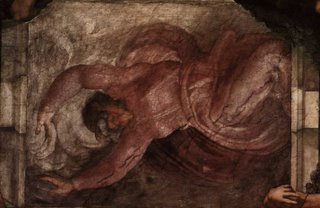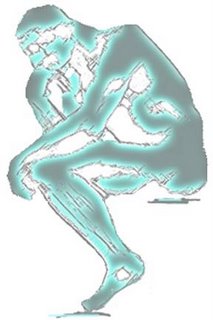
Many folk don’t ask the right questions. There is a concern with looking at one particular scripture and asking what God is trying to say to them through it or how they can apply it to their life. This is fine, but often people have no idea about the bigger picture and the context of what they are reading. There appears to exist this idea that the bible simply fell from the sky and that everything inside is divine. There is no thought about how this text came to be before them and the waves of changes, culture and other circumstances that have distorted the initial message .
I thought I would put in this text to challenge this very idea.
This comes from ‘A History of the World’s Religions’ by D.S. Noss.
Sources
“The first Christian century has had more books written about it than any other comparable period in history. The chief sources bearing on its history are the Gospels and Epistles of the New Testament, and these –again we must make a comparative statement- have been more thoroughly searched by enquiring minds than any other books ever written. Historical criticism has been particularly busy with them during the last hundred years and has reached the verdict that in the New Testament the early Christian religion about Jesus has overlaid and modified the record of the religion of Jesus himself, that is, his own faith, but there is no unanimity about the degree of the modification. It is known that Jesus himself did not write down his teachings but relied upon his disciples to go about teaching what he taught. It is generally assumed by historians that after his death some of them did write down his sayings, with occasional notes of the historical setting, before they should be forgotten, and thus that a document, or a group of documents, came into being that scholars call “Q” (from the German word “Quelle”, or “source”). It is generally considered that “Q” was colored by the prepossessions of the early Christians and they added amplifications that went beyond his own words. It is probable that such a collection of sayings became a primary source material for the compliers Matthew and Luke. These compilers used a great deal of other material also, both oral and written; for example they drew much of their material from Mark, already existent (65-70 CE), and they made use of sources unique to each of them: “M” in the case of Matthew, and “L” in the case of Luke. The Gospel of John was not written until the end of the century and then largely from concern with the theological implications of Jesus’ life and death.
Through all of these records runs the often unforeseen division between what is from Jesus himself and what is from the Apostolic age. But when scholars are asked to separate the material that authentically reveals the historical Jesus from the material that reflects the growing Christology of the early Christians, they vary widely in their interpretations. At certain points, each student is thrown back, after careful study, upon personal judgment, or even intuitive feeling in deciding what is from the historical Jesus and what is from the early church –or, indeed, whether it is important, or even possible, to make such a distinction.
Because there is no source material from “objective observers,” every life of Jesus must be reconstructed from events as seen through a lens of faith, and, of course, modern interpretations look through lenses ground to their own value prescriptions.
Granting this, however, does not release conscientious scholars from the obligation to hold all views tentatively, as being open to change if a scholarly consensus concerning a particular saying or event calls for revision of previous opinions.”






